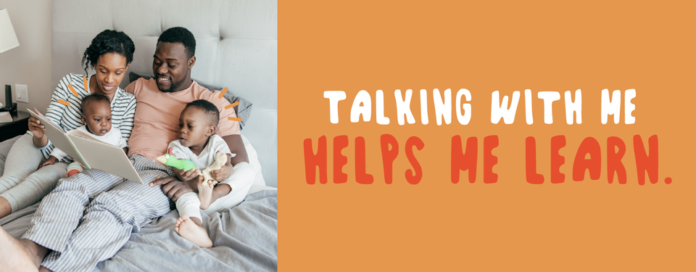Advocacy is an essential responsibility for anyone who works with young children. Read to learn more!
Early Childhood Education Programs are the perfect resource for those in early childhood education, coaches, and anyone else who wants to learn more about effective advocacy techniques.
Many early childhood professionals encounter issues that affect young children. As advocates, they aren’t satisfied with the status quo and challenge it to do better.
Advocates are different from those who stay silent, who take the path of least resistance, which can ultimately immobilize their career, prevent them from progressing, and diminish their competence. It is an integral part of the professional responsibility of early childhood educators and advocates to develop advocacy skills.
The NAEYC’s code of ethics includes an advocacy policy that states that members should advocate on behalf of children with special needs and work with decision-makers on issues that affect the quality of life for children.
Advocacy efforts can take many forms, ranging from individual to collective activism. It’s always helpful to have a voice behind advocacy efforts.
This editorial will discuss the history and importance of two major advocacy organizations, including Children’s Rights and Families for Quality Early Childhood Education (CCEQA).
Putting Advocacy Into Practice
Developing practical advocacy skills in early childhood education means learning about the legislative, regulatory, and media processes. It also means building coalitions and understanding the roles of different stakeholders.
The Toolkit provides specific information that advocates need to succeed in promoting excellence in early childhood education. Many advocates work for nonprofit organizations and must be aware of the legal and ethical limitations of political activism and lobbying. To be an effective advocate, you should read the Dos and Don’ts before pursuing advocacy activities.
Stay Connected
The Advocates for Children of New York provides advocacy and individual case support to improve early childhood education and child care services for low-income children. Quality early childhood education and care are essential for children’s development.
Children who attend a high-quality preschool are less likely to drop out of school or require special education. Whether receiving quality preschool care or special education, the Advocates for Children of New York helps parents access vital services and programs for their children.
- Joining an organization can help you advocate for early childhood education and child care policy.
- You can attend an event in the capital or send an email. When sending an email or letter to your representative, identify where you live and your affiliated organization. You can also leave a phone number and explain why you’re calling.
- Cite specific legislation or examples that support your position. Be sure to leave a personal note as well to show how much you value the advocacy efforts of the legislator.
Engage Elected Officials
Use the following strategies to engage your elected officials in early childhood education and advocacy.
- First, research your representative and determine if they support early care and education programs.
- Next, write them a thank you note. Make sure to include your contact information to follow up with them if necessary.
- Lastly, include some of your child’s artwork in your letter.
The CDA credentialing program is the best first step toward professionalizing yourself in early childhood education. The CDA credentialing program incorporates advocacy, so you’ll be well-prepared to advocate for your profession. Your advocacy efforts will benefit the community by demonstrating your expertise and understanding of local resources. You’ll also be involved in community events, such as Week of the Young Child, and can participate in advocacy and voting.
Contact Us For Early Childhood Education Guidance
You can contact us for early childhood education guidance if you are working with programs in NYC. The NYC Department of Education oversees programs serving children six weeks to five years old.
The Early Childhood Framework for Quality describes a shared vision of high-quality early childhood education programs. It serves as a guide for program leadership and teaching teams. This framework promotes positive outcomes for all children. Advocates for Children New York provides community education, individual case assistance, and legal representation at school hearings and mediations.
Our Early Childhood Education Project advocates for the expansion of quality early learning programs for low-income families. We also participate in public hearings and coalitions to promote early childhood education. In addition, we offer free legal advice and support to parents.
Contact us for early childhood education programs and their related guidance today. Our mission is to improve the lives of children and families throughout the state.



















